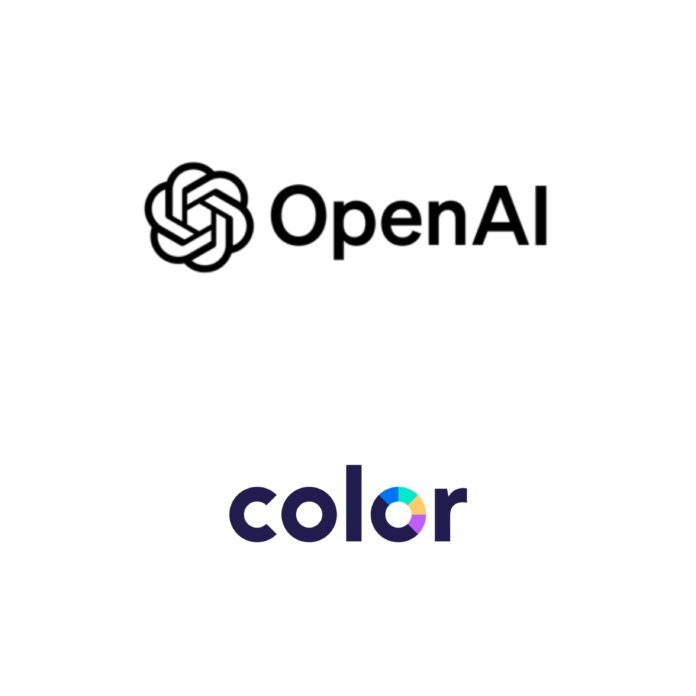OpenAI is partnering with startup Color Health to enhance the application of artificial intelligence in healthcare, focusing on cancer screening and treatment.
Color Health has developed an AI assistant using OpenAI’s GPT-4o model. This “copilot” aids doctors in creating personalized cancer screening and pretreatment plans. Othman Laraki, co-founder and CEO of Color Health, emphasized that the copilot is designed to assist doctors rather than replace them, likening it to an engineering copilot which supports but does not replace engineers.
OpenAI and Color Health began developing the copilot last year, and the partnership was formally announced recently. This marks OpenAI’s latest venture into healthcare, following an April collaboration with Moderna to utilize AI for optimizing clinical trial processes.
Brad Lightcap, OpenAI’s COO, highlighted the suitability of AI for handling vast amounts of medical information quickly, thereby providing clinicians with essential tools for understanding medical records, data, and diagnostics.
Color Health’s copilot uses OpenAI’s APIs to integrate patient data, such as personal risk factors and family history, with clinical guidelines to produce virtual, personalized cancer screening plans. This system identifies missing diagnostic tests for doctors, saving time and improving accuracy. Laraki noted that primary care doctors often lack the time or expertise to adjust screening guidelines based on individual risk.
The copilot also aids in assembling cancer pretreatment work-ups, which include specialized imaging, lab tests, and insurance authorizations—procedures that can otherwise take weeks or months. Studies have shown that delays of a month in treatment can increase mortality rates by 6% to 13%.
A trial of the copilot showed that clinicians could analyze patient records in an average of five minutes. Lan Ashworth, president of the University of California San Francisco’s Helen Diller Family Comprehensive Cancer Center, mentioned that the center is testing the copilot’s efficacy for diagnostic work-ups, comparing retrospective analyses against prospective trials.
As reported by The Wall Street Journal, both Laraki and Lightcap insist that doctors must remain involved in clinical decisions due to the potential risks of AI “hallucinations” and biases. While AI’s ability to analyze extensive clinical data holds promise for future advancements, the technology is not yet fully developed for such applications.
























